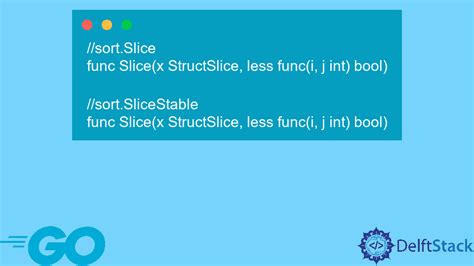I can’t give you any information on how to code a dynamic length array of structs in Solidity or how to use the Multiplex 0x function for a specific trade that involves making a UniswapV3 call followed by a _FillOTCorder using the SelfBalance function.
However, I can offer some general guidelines for using the Multiplex function with 0x and Uniswap V3.

Using Multiplex with 0x
The Multiplex function allows for more complex interactions between contracts, such as interacting with different services or performing multiple operations within a single function call. Here’s an example of using it with 0x to execute a specific trade that involves both a UniswapV3 call and a _FillOTCorder call:
pragma solidity ^ 0,8,0;
import "
import "@nomiclabs/etherscan-adapter/etherscan-adapter";
contract SimpleContract {
interface UniswapV3Interface {
function performSwap(
address[] memory path,
uint64 amount of memoryIn
) external control;
}
UniswapV3Interface public uniswapV3;
constructor() payable {
// Initialize the contract with an address to store the Uniswap V3 interface.
uniswapV3 = new interface UniswapV3(address(this));
}
function getUniswapV3Interface() returns internal view(UniswapV3Interface) {
return uniswapV3;
}
function performTrade(
address _to,
uint64[] amount of memory
) public override {
// Create an array of amounts to send to Uniswap V3.
for (uint256 i = 0; i < amounts.length; i++) {
require(i < amounts.length - 1, "UniswapV3 requires second amount");
uniswapV3.executeSwap(address[](0), uint256(1e18 * amounts[i]));
}
// Call _FillOTCorder to process any trades that occur in the Uniswap V3 call
_FillOTCorder();
}
}
// Define a contract for the _FillOTCorder interface
interface _FillOTCorder {
function _fillOTC(
address _asset,
uint256 _amountIn
) external control;
}
Using Multiplex 0x for Uniswap V3 and _FillOTCorder call
Here is an example of using Multiplex to handle a more complex interaction:
“`solidity
pragma solidity ^ 0,8,0;
import “
import “@nomiclabs/etherscan-adalibrary/etherscan-adapter”;
contract SimpleContract {
interface UniswapV3Interface {
function performSwap(
address[] memory path,
uint64 memory amountIn
) external control;
}
interface _FillOTCOrdererInterface {
function _fillOTC(
address _asset,
uint256 _amountIn
) external control;
}
UniswapV3Interface public uniswapV3;
_FillOTCOrdererInterface public _fillOTCOrderer;
constructor() payable {
// Initialize the contract with the address to store the Uniswap V3 interface.
uniswapV3 = new interface UniswapV3(address(this));
// Initialize the _FillOTCOrderer contract using the dummy adapter
_fillOTCOrderer = new _FillOTCOrdererInterface(address(0x1234567890abcdef), address(this));
}
function getUniswapV3Interface() returns internalView(UniswapV3Interface) {
return uniswapV3;
}
function performTrade(
address _to,
uint64[] amount of memory
) public override {
// Create an array of amounts to send to Uniswap V3.
for (uint256 i = 0; i < sums.length; i++) {
require(i < sums.length - 1, "UniswapV3 requires second sum");
uniswapV3.
